Every year the Day of Arafah is observed on the 9th Dhul Hijjah. In 2025, the Arafah Day is on the 5th of June. Standing on the plain of Arafah is a vital part of Hajj. Millions of pilgrims travel from Mina to Arafah and offer their supplication to Almighty Allah on this blessed day because of its great significance.
Even the Muslims throughout the world, who are not performing Hajj, engage in special prayers on this day to earn immense rewards. Fasting on the Yawm Al-Arafah expiates the sins of the previous year and the year to come.
Let’s explore the full blog to learn the history, virtues, and tips to make the most of this sacred day.
History of the Day of Arafah
Arafah Day holds historical significance for many reasons, such as
- On this day, Prophet Muhammad ﷺ gave his final sermon during his farewell Hajj in 10 Hijri (632 CE) on Mount Arafah. He emphasized key principles of Islam, including the significance of following the Quran and Sunnah, the unity of the Muslim Ummah, the equality of all individuals, the importance of justice, and many more. This event serves as a reminder to Muslims of their responsibility to uphold these principles and nurture a peaceful Islamic society.
- Allah (SWT) took promises from mankind on that day.
Ibn Abbas (RA) narrated a hadith that the Prophet Muhammad ﷺ said, “Indeed, Allah took a promise from the back of Adam on the ground of Arafat. ‘He took out all the offspring he had placed in Adam’s spine and scattered them like molecules before him. Then talk to them directly. He said: Am I not your Lord? They all say: Yes of course; We testify. This is so that you do not say on the Day of Resurrection, ‘We were heedless of this.’ Nor should you say, Our forefathers committed shirk before us, and we are their descendants; But will you destroy us for the deeds of those who nullify their deeds (through shirk)?”
[Surah Araf, verses 172-173].” [Musnad Ahmad]
- Adam (AS) and Hawa (AS) reunited on the day of ‘Arafah in Mount Arafah after they were expelled from Jannah.
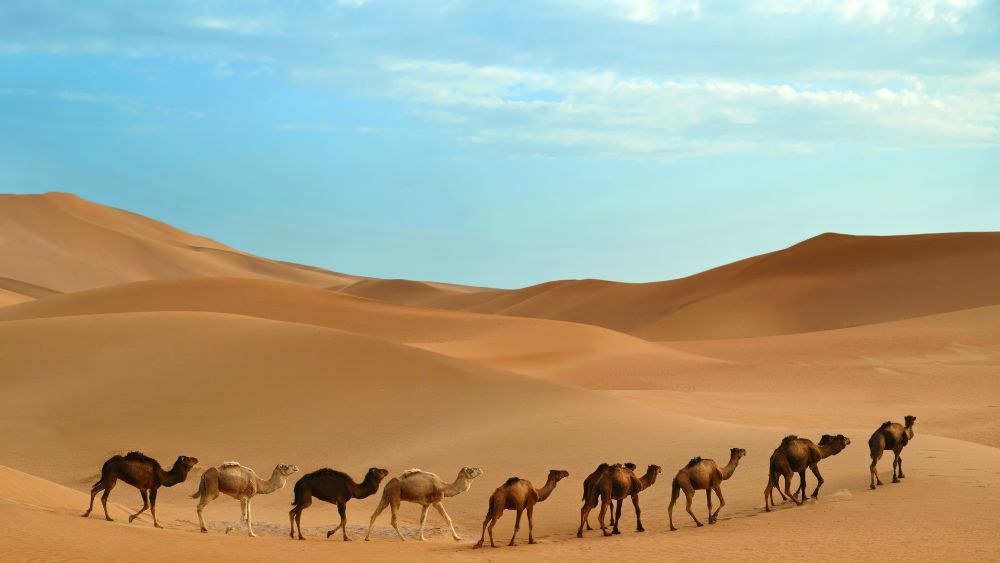
Significance of Arafah Day
Arafah day holds immense virtues in Islam due to the annual pilgrimage of Hajj and many other reasons, including-
1. Day of Forgiveness
Arafah Day is considered a day of forgiveness and mercy, where it is believed that Allah forgives the sins of those who sincerely repent and seek His forgiveness.
Ummul Mu’minin Aisha (RA) narrated from Allah’s Messenger ﷺ: “There is no day on which Allah frees more people from the Hellfire than the Day of ‘Arafah.” [Sahih Muslim]
As Muslims, we believe that by standing on the plain of Arafah, making heartfelt prayers, and seeking forgiveness, they have an opportunity to have their past sins forgiven.
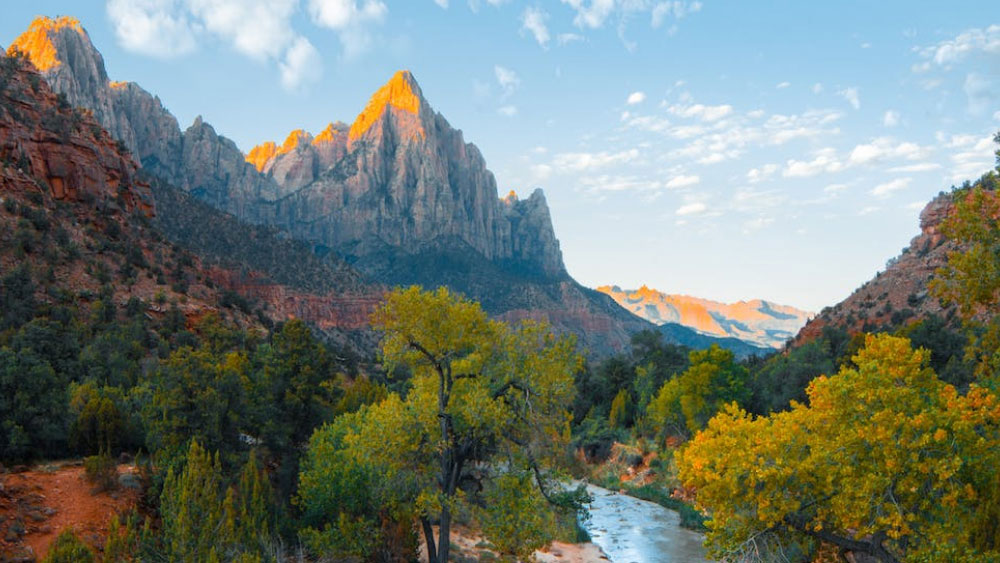
2. The Day When Allah’s Blessings Were Completed
In the noble Quran, Allah (SWT) declared the religion Deen al-Islam as completed in the following verse,
“This day, I have perfected your religion for you, completed My favour upon you, and have chosen for you Islam as your religion.” [Sura Al-Maida, verse 3]
It is one of the great blessings to the Ummah from Allah (SWT) and this verse (ayah) was revealed on the day of Arafah according to the hadith below,
“A Jewish man said to `Umar bin Al-Khattab (RA), `O Leader of the Believers! There is a verse in your Book, which is read by all of you (Muslims), and had it been revealed to us, we would have taken that day (on which it was revealed) as a day of celebration.’ `Umar bin Al-Khattab asked, `Which is that verse’ The Jew replied, ‘(This day, I have perfected your religion for you, completed My favor upon you…)’ `Umar replied, `By Allah! I know when and where this verse was revealed to Allah’s Messenger ﷺ. It was the evening on the Day of `Arafah on a Friday.” [Sahih Bukhari, Sahih Muslim, Jami at-Tirmidhi, Sunan an-Nasai, Musnad Ahmad]
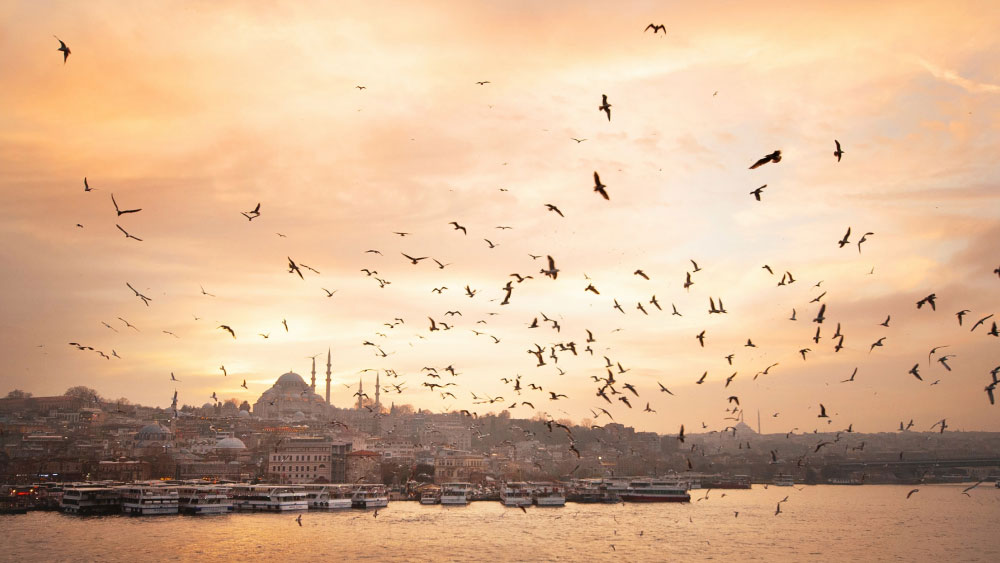
3. Gathering Arafah is a Vital Part of Hajj
Arafat Day is the most important day for pilgrims performing Hajj, one of the five pillars of Islam. On this day, millions of Muslims gather at the plain of Arafah, located near the holy city of Makkah in Saudi Arabia.
Standing on the plain of Arafah is an essential ritual of Hajj, and it is a fundamental part of the pilgrimage experience. Pilgrims spend the entire day in worship and supplication, seeking forgiveness and mercy from Allah.
The importance of Arafah Day is further emphasized through the teachings of the Messenger of Allah ﷺ.
In a profound hadith, the Prophet ﷺ said, “Hajj is Arafah.” [Sunan Ibn Majah]
This concise statement signifies the pivotal role of Arafah in the completion of the Hajj pilgrimage.
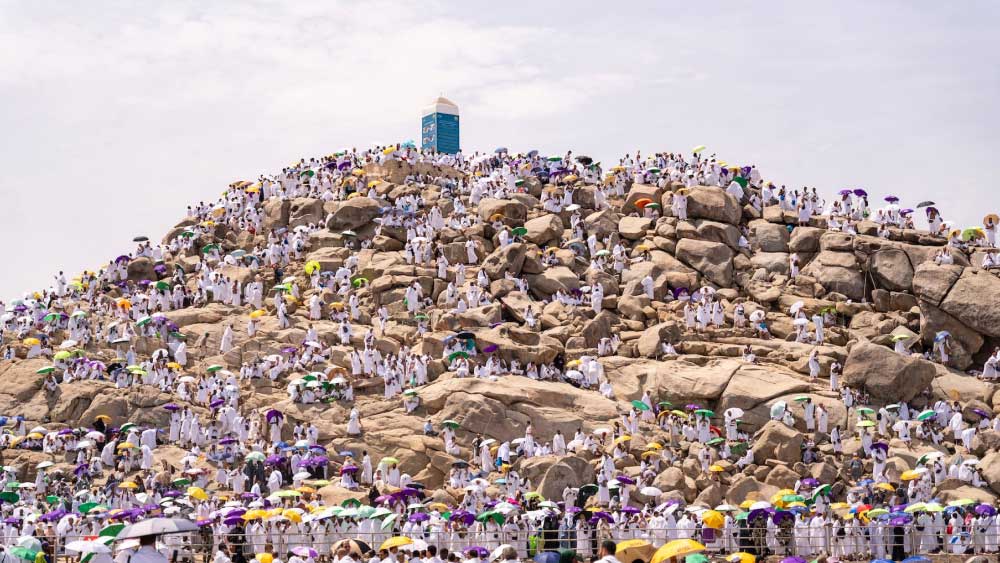
4. Preview of the Day of Judgment
Arafah Day is also associated with the Day of Judgment according to Quran and Sunnah. Standing on the plain of Arafah, where all pilgrims are equal in their simple white garments, symbolizes the gathering of humanity on the Day of Judgment.
Muslims reflect on the transient nature of life, the importance of repentance, and the need to prepare for the final reckoning. That’s why Arafah Day is also called the Day of Standing (Yawm Al-Waqf). So, this day serves as a reminder of the importance of leading a righteous life and seeking Allah’s mercy.
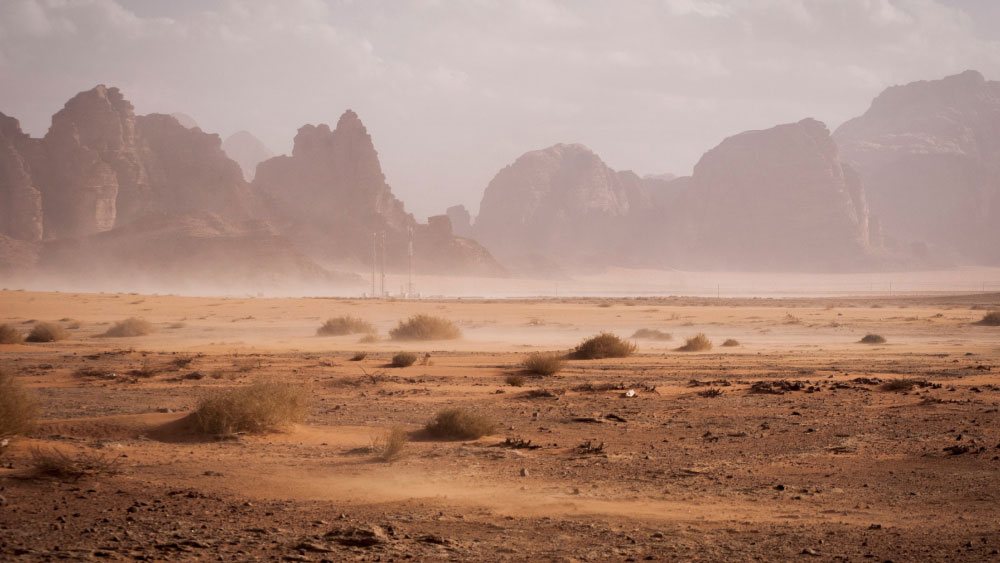
Allah (SWT) said in the Quran, “And by the Promised Day. And by the Witness, and by the Witnessed” [Surah Buruj, verse: 2-3]
Ibn Kathir mentioned a hadith in the Tafsir of these verses,
Abu Huraira (RA) narrated a hadith from Allah’s Messenger ﷺ, “(And by the Promised Day.) This refers to the Day of Judgement. (And by the Witness.) This refers to Friday, and the sun does not rise or set on a day that is better than Friday. During it, there is an hour that no Muslim servant catches while asking Allah from some good except that Allah will give it to him. He does not seek refuge from any evil in it except that Allah will protect him. (And by the Witnessed.) This refers to the day of `Arafah (in Hajj).” [Sunan at-Tirmidhi, Ibn Khuzaymah]
5. Sign of Unity and Equality
Arafah Day also teaches us the values of unity and equality. All pilgrims, regardless of their nationality, race, or social status, gather in Arafah as equal servants of Allah.
This serves as a reminder that in the eyes of Allah, all human beings are equal, and the true measure of superiority lies in piety and righteousness. This gathering emphasizes the importance of solidarity, compassion, and communal harmony in the Islamic faith.
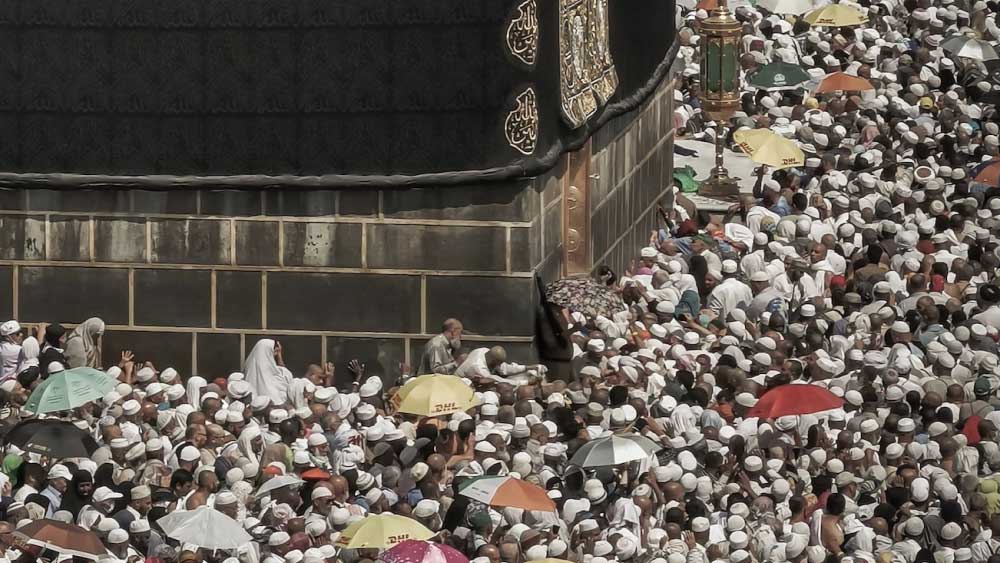
6. Arafat Day is Eid Day for Those Who Stay There
Umar bin Khattab (RA) said, “This verse (Quran, 5:3) was revealed on Friday in the field of Arafah. Praise be to Allah that these two days (Friday and Arafah) are Eid days for us. As long as there is a Muslim in the world, these two days will be considered as Eid days for Muslims. One is the day of Friday, the other is the day of ‘Arafah.” [Abu Dawud]
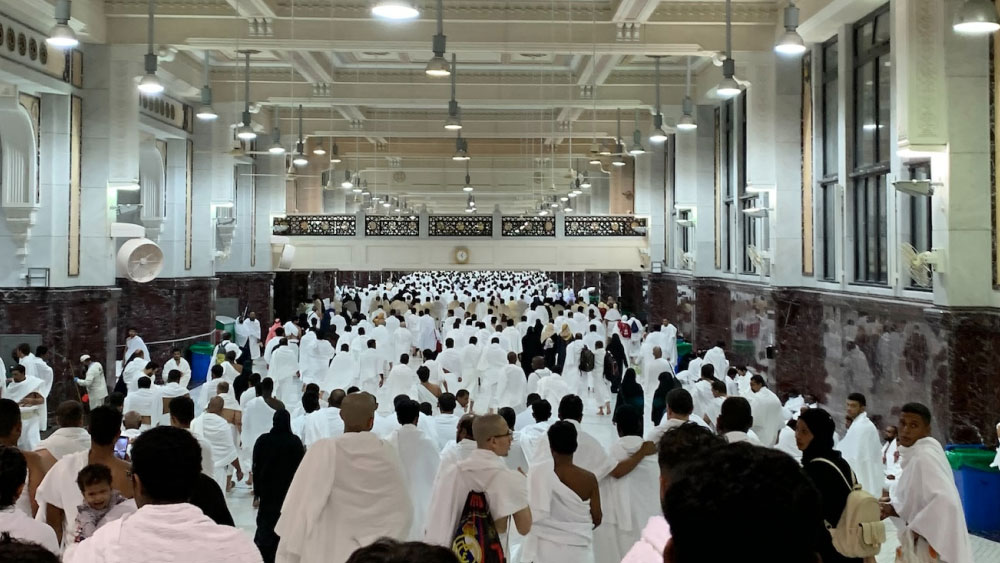
What to Do on the Arafah Day?
After knowing the significance of the Arafah, let’s talk about the good deeds you should do on the Arafah day.
1. Seek Forgiveness from Allah
The Day of Arafah provides a remarkable opportunity for spiritual cleansing and renewal. Through fasting, prayer, and remembrance of Allah, Muslims aim to purify their souls and rejuvenate their faith. It is a day to seek repentance and make a fresh start.
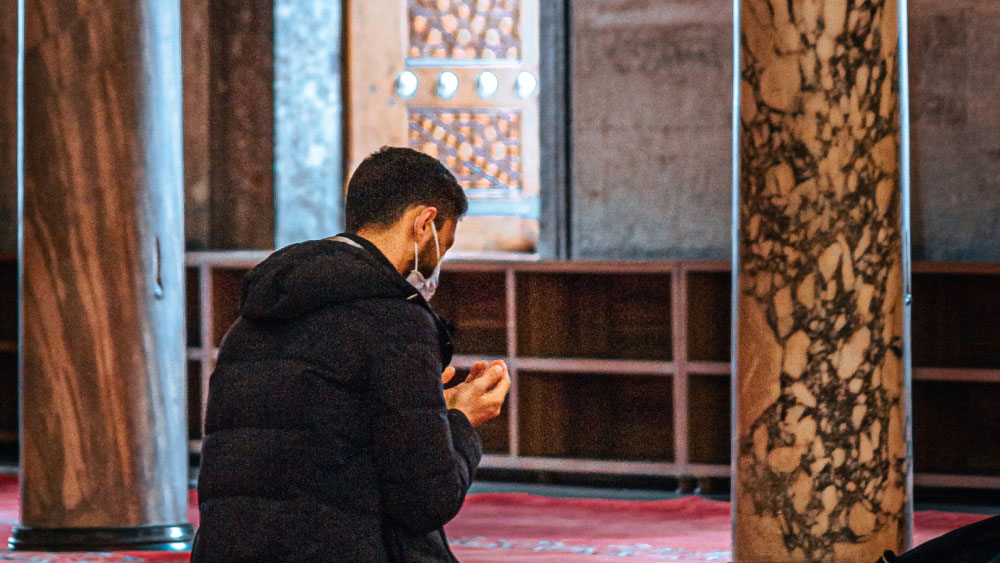
Prophet Muhammad ﷺ said in a hadith,
“Whoever stands at ‘Arafah with me (i.e., spends the day there in worship) and then leaves, his past and future sins will be forgiven.” [Sahih Muslim]
We mentioned another hadith earlier that says, on the day of ‘Arafah Allah (SWT) frees an excessive number of people from hellfire than any other day. So, we shouldn’t miss this chance of immense forgiveness.
Learn the best way of forgiveness from our all-in-one Islamic app, Sadiq.
2. Make Dua and Dhikr
On this special day, devote ample time to making heartfelt supplications to Allah. Ask for His forgiveness, mercy, and blessings. Seek guidance and assistance in your personal and spiritual endeavours. Remember to include prayers for your loved ones, the less fortunate, and the entire Muslim Ummah. And make lots of Allah’s Dhikr with sincerity.
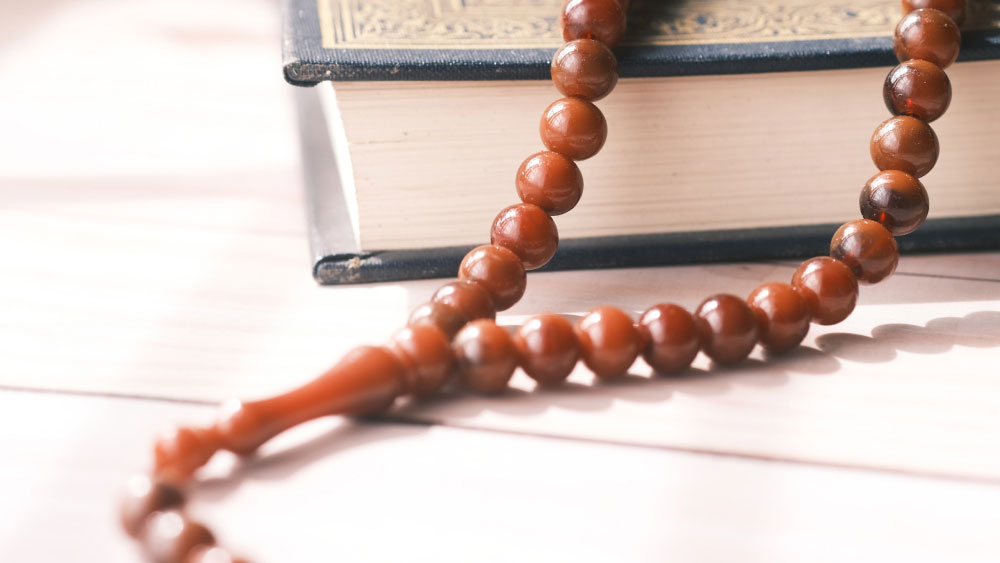
List of Dua on the Day of ‘Arafah:
i. Allah’s Messenger Muhammad ﷺ said the following dua on the day of Arafah
“The most excellent dua is the dua on the Day of Arafah, and the best of what I and the prophets before me have said is ‘La-ila-ha illallahu wahdahu la-sharika lahu lahul mulku wa lahul hamdu wa hua ala kulli shayin qadir’.” [Muwatta, Jami at-Tirmidi]
The dua in Arabic:
لا إله إلا الله وحده لا شريك له ، له الملك ، وله الحمد ، وهو على كل شيء قدير
Meaning of the dua:
None has the right to be worshipped except Allah, alone, without any partner. To Him belongs sovereignty and all praise, and He is over all things omnipotent.

ii. It’s Sunnah to recite Talbiya as much as possible throughout the Hajj (until stoning to Shaytan) and Umrah events in every situation. And when you recite, it’s recommended to say 3 or more times. Men will utter it loudly, and women on softly.
Jabir ibn Abdullah (RA) narrated, when asked about the Hajj of Prophet Muhammad ﷺ said, “Then he started to say the words of Tauheed, ‘Labbayka Allahumma Labbayk, Labbayka laa shareeka laka Labbayk, Inna al-hamda wa’n-ni’mata laka wa’l-mulk, Laa shareeka lak’.” [Sahih Muslim]
Talbiya in Arabic:
لَبَّيْكَ اللهُمَّ لَبَّيْكَ – لَبَّيْكَ لَا شَرِيْكَ لَكَ لَبَّيْكَ – إِنَّ الْحَمْدَ وَالنِّعْمَةَ لَكَ وَالْمُلْكَ – لَا شَرِيْكَ لَكَ
Meaning:
Here I am, O Allah! Here I am. Here I am, You have no partner, here I am. Verily, all praise and thanks belong to You. Verily, all blessings belong to You. Verily, all sovereignty belongs to You. You have no partner.
iii. Reciting Takbeer from 9th Dhul Hijjah Fajr to 13th Dhul Hijjah Asar (after each obligatory prayer) is Sunnah. The most commonly recited Takbeer among scholars is- “Allahu Akbar, Allahu Akbar, La-ila-ha Illallahu Wallahu Akbar, Allahu Akbar, Wa Lillahil Hamd.” [Mussanaf Ibn Abi-Shaiba, Tabarani]
Arabic dua:
الله أكبر، الله أكبر،لا إله إلاالله والله أكبر،الله أكبر ولله الحمد
Meaning:
Allah is the Greatest, Allah is the Greatest, There is no God except Allah, Allah is the Greatest, Allah is the Greatest, and all praise belongs to Allah)
iv. Abdullah ibn ‘Umar (RA) narrated a hadith from the Prophet ﷺ “There are no days that are greater before Allah in which Good Deeds are more beloved to Him, than these ten days, so recite a great deal of Tahleel, Takbeer, and Tahmeed during them.” [Musnad Ahmad]
Another hadith includes Tasbeeh instead of Takbeer. So, saying all of them on Arafah day is Sunnah.
- Takbeer: Allahu Akbar (Allah is Great!)
- Tahleel: La ilaaha il-lal-laah (There is none worthy of worship except Allah)
- Tahmeed: Alhamdulillah (All Praise belongs to Allah)
- Tasbeeh: Subhanallah (Glory be to Allah)
It is recommended to make a list of favourite duas from the Quran and Hadith so that you can make as much supplications as you can on this great day. You can utilize apps like Hisnul Muslim for this purpose.
3. Fasting on the Day of ‘Arafah
Fasting on the day of Arafat is highly recommended for those who are not performing Hajj. Fasting from dawn to dusk on this day is believed to expiate sins from the previous year and the year to come. It is an opportunity for spiritual cleansing and seeking forgiveness on the best days of the year.
Abu Qatada (RA) narrated that the Messenger of Allah ﷺ said about fasting on the day of Arafah “If you fast on the day of Arafa, I hope that Allah will forgive the sins of one year before and one year after fasting.” [Sahih Muslim]
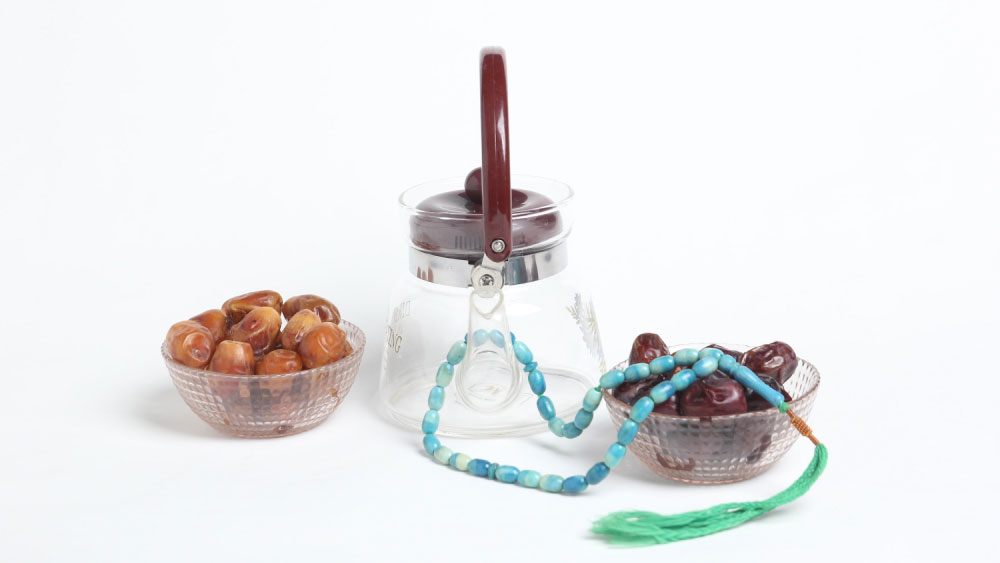
But Islamic scholars said, those who are on the plain of Arafah shouldn’t fast on this day as they may feel weak and they have several other day-long worships.
4. Worship As Much You Can
Devote more time to do righteous deeds on the Day of ‘Arafah. Perform the obligatory prayers on time and strive to offer extra voluntary prayers as well.
In a hadith, Prophet Mohammad ﷺ said, “The best prayer is the prayer on the day of Arafat.” [Jami At-Tirmidhi]
So, praying on this day is a great opportunity to seek closeness to Allah. Spend the whole day from Fajr to sunset in Ibadah, such as reciting Quran, supplicating for Allah’s mercy, fulfilling the needs of Muslim brothers, giving charity, upholding the ties of kinship, etc.
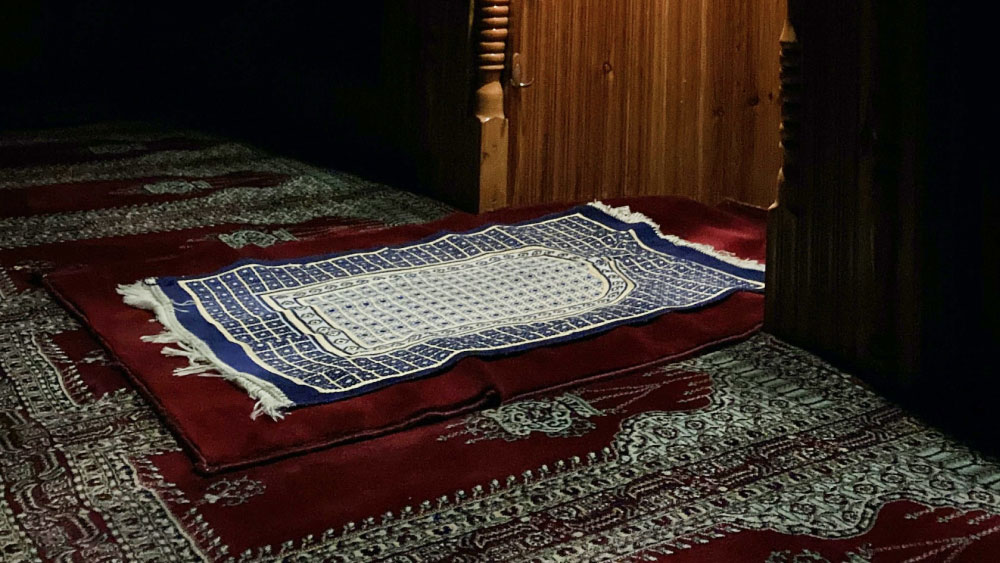
And it’s highly recommended to give charity on the blessed day of Arafah as Allah (SWT) extinguishes sins through it. Ka’b Ibn Uzra (RA) narrated a hadith from the Messenger of Allah ﷺ: “Verily, charity extinguishes sins as water extinguishes fire.” [Jami at-Tirmidhi]
You can donate to GTAF as Sadaqah Jariah to reach more people worldwide. Your one-time or monthly donation will help enhance our Islamic apps and meet our costs insha’Allah.

5. Abstain from Sins
Imam Ahmad (RA) narrates a hadith, “Whoever protects his ears (hearing), eyes (sight) and tongue on the day of Arafah, he will be forgiven.” [Musnad Ahmad]
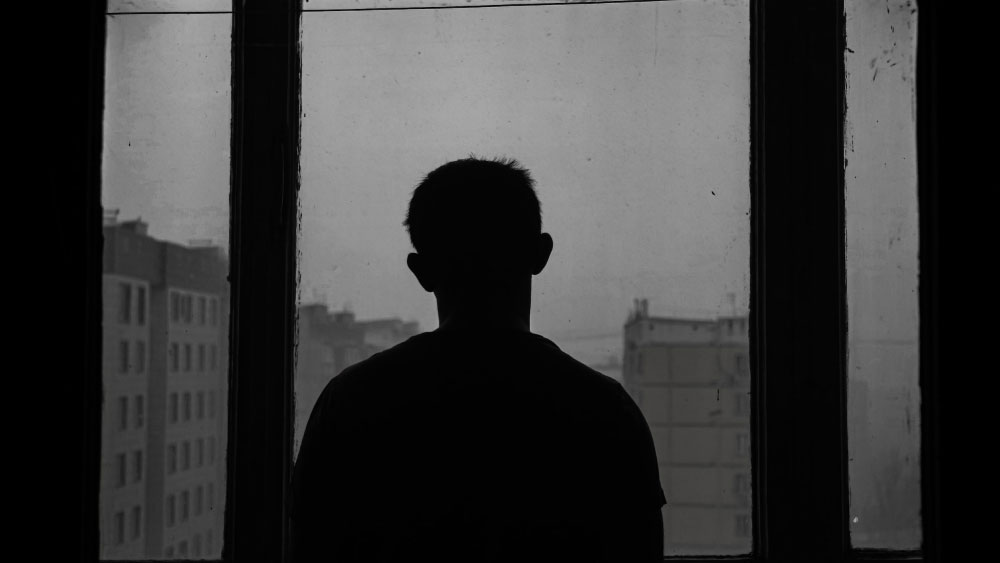
Pilgrims Must Obey These Following Sunnah on The Day of Arafah
- On the 9th of Dhul Hijjah, pilgrims leave Mina after praying the Fajr prayer for the plains of Arafah. They have to reach Arafah before Zawal time (starting period of Dhuhr prayer).
- The imam will deliver Khutba (sermon) in the Masjid E Namirah.
- After completing Khutba, pilgrims will offer Dhuhr and Asr prayer together as Allah’s Messenger ﷺ did that.
- Then pilgrims will wait for sunset and offer special supplication to Almighty Allah.
- After sunset, pilgrims leave Arafah and head to Mujdalifah without praying Maghrib salah.
- After reaching Muzdalifah, offer Maghrib and Isha prayer together as a Sunnah of Prophet Muhammad ﷺ.
FAQs
Q. Is fasting on Arafah day obligatory?
A. No, it’s not mandatory. But those who’re not performing Hajj should fast on the Arafah day as it expiates the previous year’s and the coming year’s sins. However, Islamic scholars don’t recommend fasting pilgrims on this day. You will find the hajj history here.
Conclusion
The day Arafah day stands as a pinnacle of spirituality, forgiveness, and endless benefits and blessings for Muslims. It is one of the best times of the year to connect with Allah, seek forgiveness, and embark on a journey of unity of Muslim Ummah and self-improvement.
Regardless of whether you are performing Hajj or not, there are numerous ways to participate in the blessings of this sacred day. Engage in fasting, prayers, making dua, recitation of the Quran, charity, and more. So, try to get the maximum benefit on the day of Arafah by praying sincerely as much as you can.
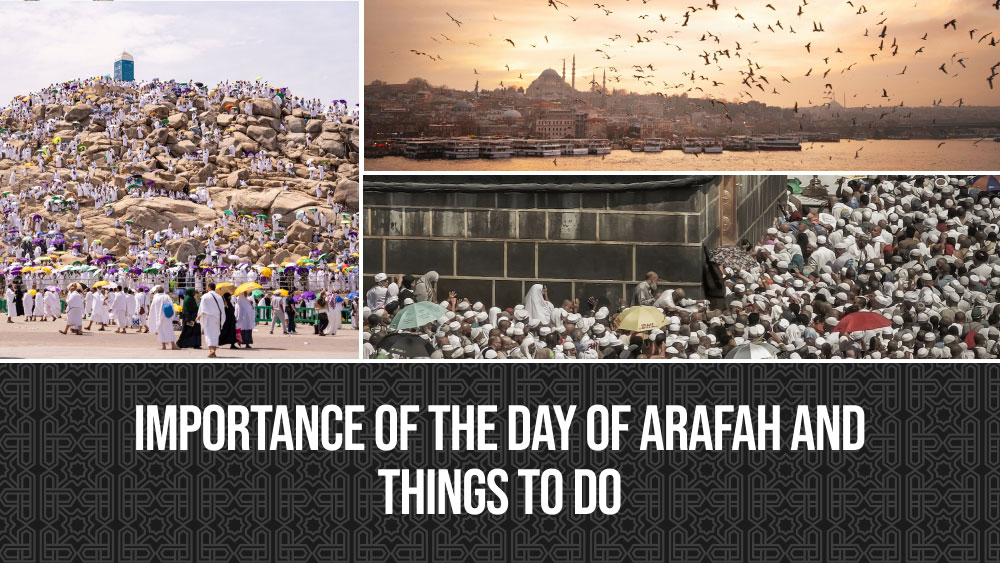
Leave a Reply